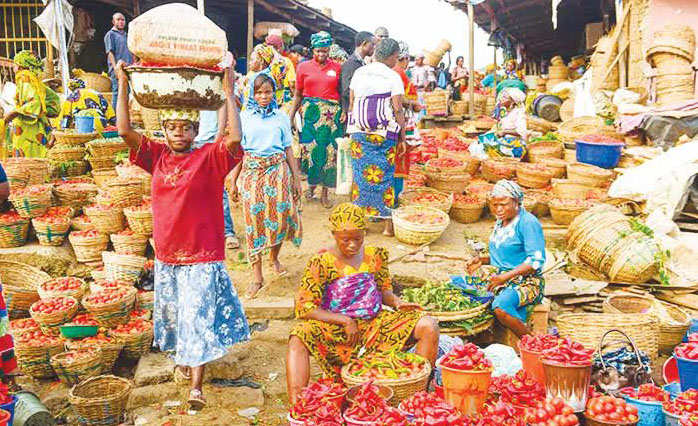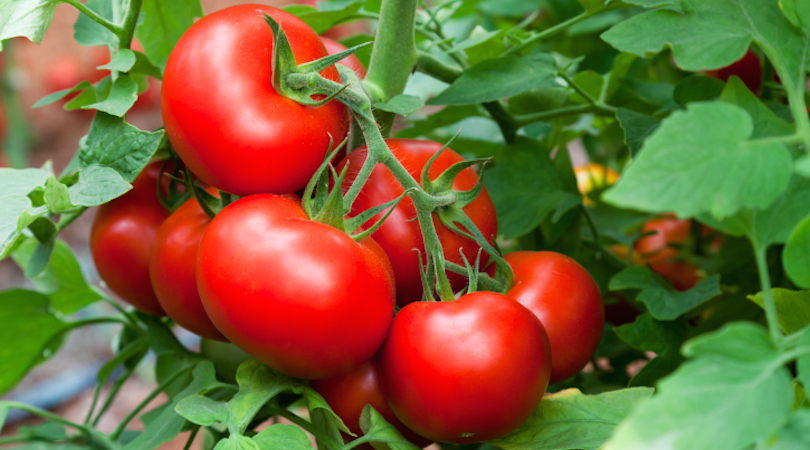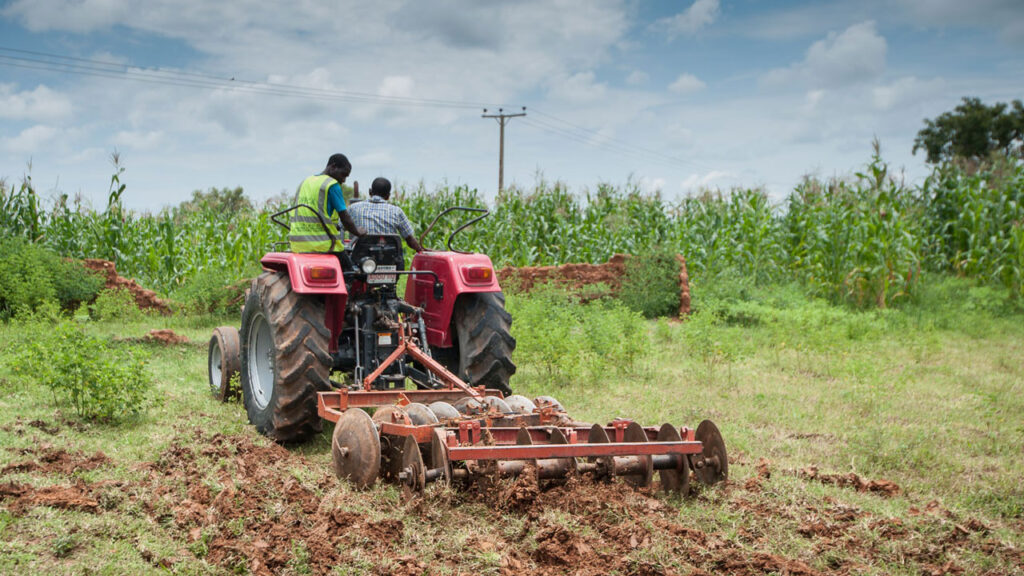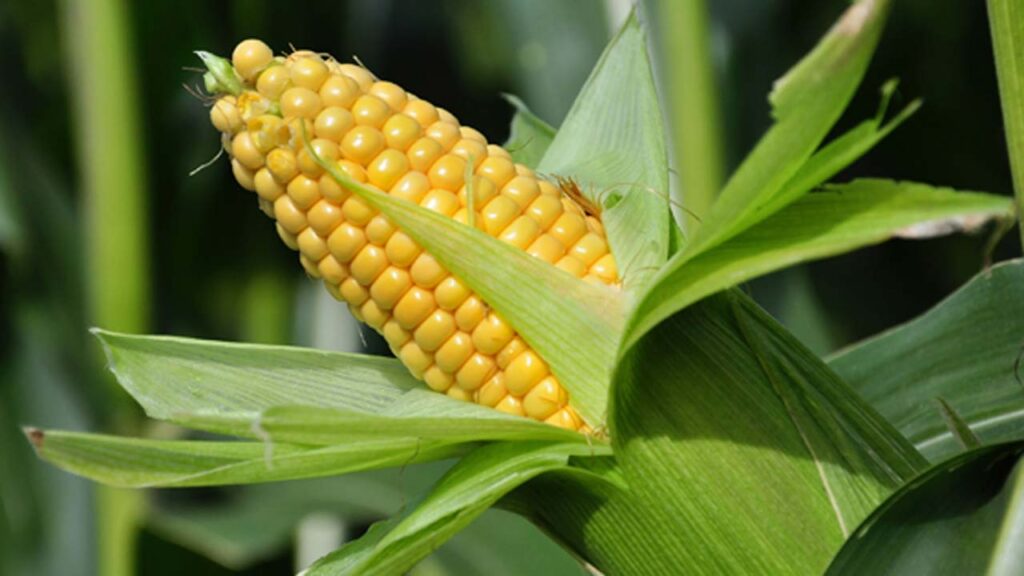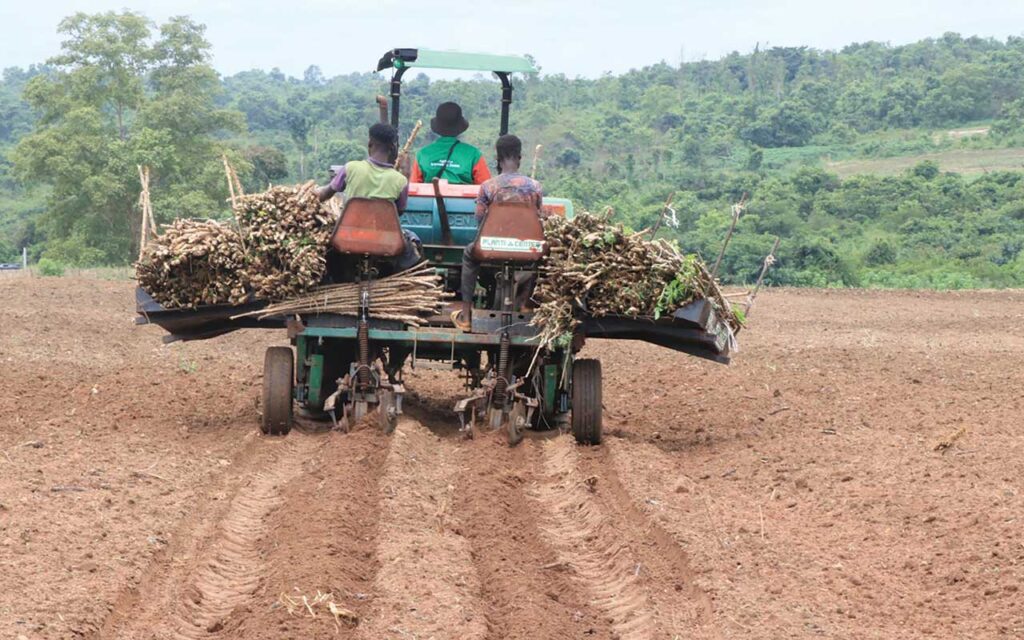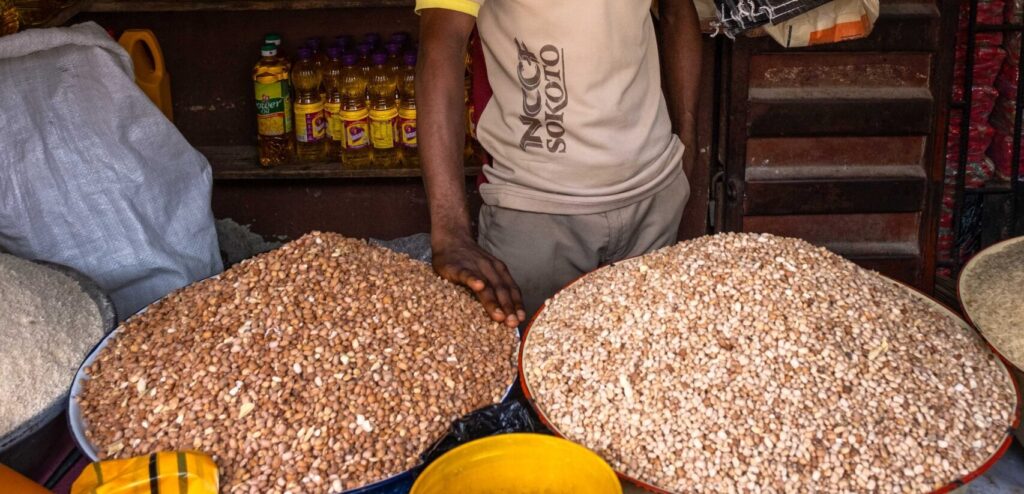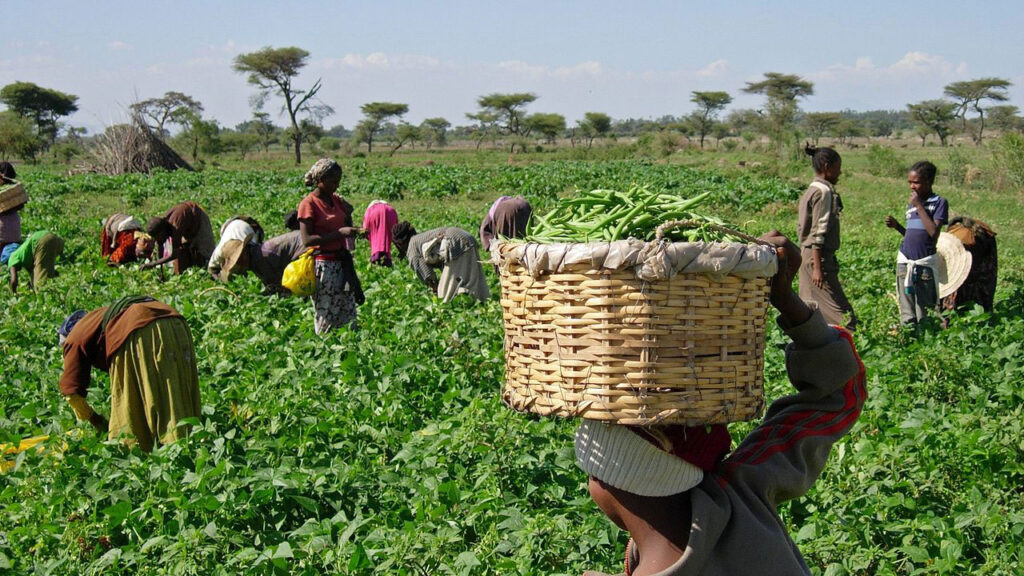
In the face of rising inflation, jerking up prices of goods and services beyond the reach of the masses, experts have warned Nigerians to brace up for a tougher time as further increase in the price of food and other goods is imminent.
The stakeholders who based their submissions on the prevailing situation currently facing the agric sector, said prices of agro produce will continue to increase, unless there are urgent solutions to the challenges.
According to the latest inflation report released by the National Bureau of Statistics (NBS), the country’s inflation rate for December rose to 28.92 per cent from 28.20 per cent recorded in the previous month.
The headline inflation rate for December 2023, which rose with 0.72 per cent in comparison to the November 2023 headline inflation rate, marks the eleventh consecutive increase in the inflation rate from February 2023.
When compared to December 2022, which had a headline inflation rate of 21.34 per cent, the year-on-year basis for December 2023 saw a substantial increase of 7.58 per cent points, indicating a rise in the headline inflation rate during the same month of the previous year.
Additionally, on the month-on-month comparison, the headline inflation rate for December 2023 reached 2.29 per cent, surpassing November 2023’s rate of 2.09 per cent by 0.20 per cent.
Sadly, in December 2023, the year-on-year food inflation rate surged to 33.93 per cent, primarily driven by increased prices of oil and fat, meat, bread and cereals, potatoes, yam & other tubers, fish, and milk, cheese and eggs.
According the NBS report, the food inflation breakdown represents a notable increase of 10.18 per cent points compared to the rate registered in December 2022 at 23.75 per cent.
The report indicates that the average price level increased at a higher rate in December 2023 compared to the preceding month – November 2023.
The Chief Executive Officer, Renee Golden Multiventures, Adenike Apeji, who regretted what she termed skyrocketing price of commodities across the country, predicted that tougher time is ahead as price of food commodities will continue to increase.
“I got a job around December and when it was time to execute the job, I discovered that the price had increased with over 15 per cent when it was time to do it. We needed to go and defend the price again.
“If you notice, many poultry farms have shut down because of the high cost of feed. Groundnut can be used as alternative to maize to produce poultry feed. There is need for interventions to rescue these farmers.”
Apeji noted that the high rate of insecurity is a major challenge driving farmers away from their farms, which has automatically reduced production of food and other agro commodities. “For instance, look at Ikorodu now, how do you want to farm? Farmers have deserted their farms because of insecurity. Whatever is fuelling insecurity should be addressed.”
The Managing Director of Spectra Industries Limited, Lagos, Mr. Durodola Omolewa Kuteyi, who also predicted that prices will go up, said the export of grains has led to the closing down of a good number of the agro-allied industries, while in others, workers are being retrenched.
He said: “We process soybeans, sorghum, and maize, but for sometimes now, it has not been easy getting these raw materials, despite the fact that we are in the harvesting season.
“The scarcity is due to the export of these raw materials, to feed the factory of those countries where they are being exported to and create employment for their citizens.”
He lamented that while the industries in Nigeria are closing down and retrenching workers, some industries are set up by foreigners only to crush soybeans in the name of value addition and export, thereby, depriving the livestock farmers from getting the raw materials needed for running the industry, and making it difficult for poultry and fish famers from continuing their businesses.
“So, our suggestion is to effect ban on export of grains, either crushed or uncrushed in order to stabilise the agro-allied industries. When we say crushed grains, we mean extraction of oil and cake or flakes.”
As part of solutions, Apeji advised that the Federal Government should assist local farmers. “We need to deepen the rural farmers’ integration.
“To reduce food insecurity, interventions must go to the rural areas; road networks are bad and must be upgraded. Government should ensure that interventions are brought directly right to the rural areas.”
On his part, the President of the Association of Small Business Owners in Nigeria (ASBON), Dr Femi Egbesola, said: “Our inflation rate is 28.92 per cent now and that’s the highest in the history of the country and it is not going to stop, it will continue to go up because the dollar too is also going up.
So, the prices of the product are going up day by day and that is bringing inflation. The resultant effect of this is that there will be more joblessness, more businesses that will fold up, more people will continue leaving the country in the name of japa syndrome and the confidence of investors will be eroded.”

